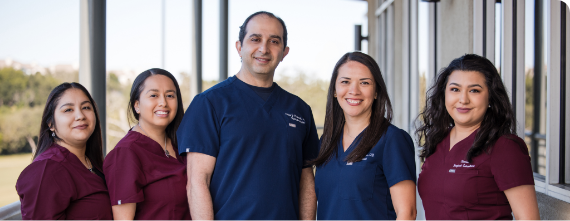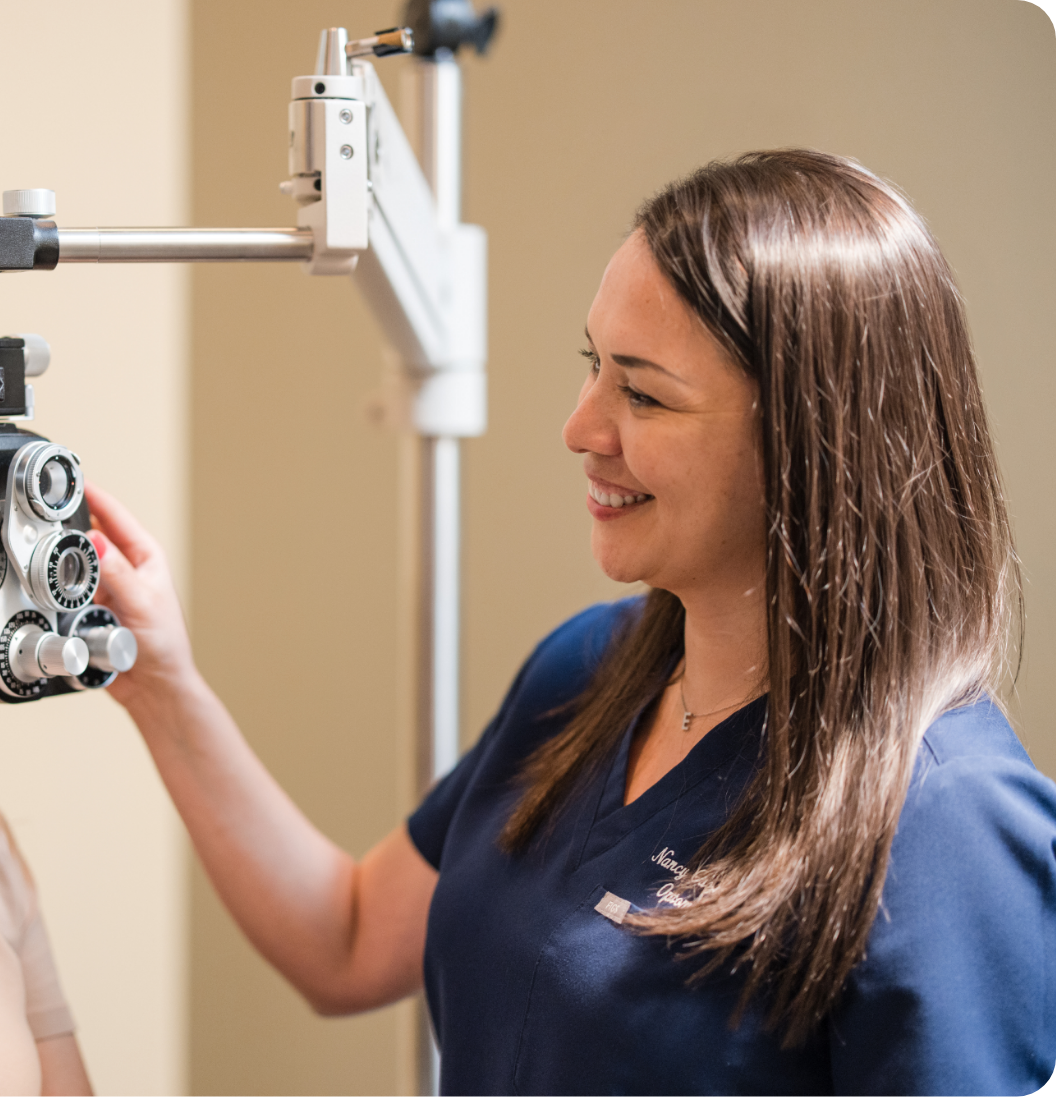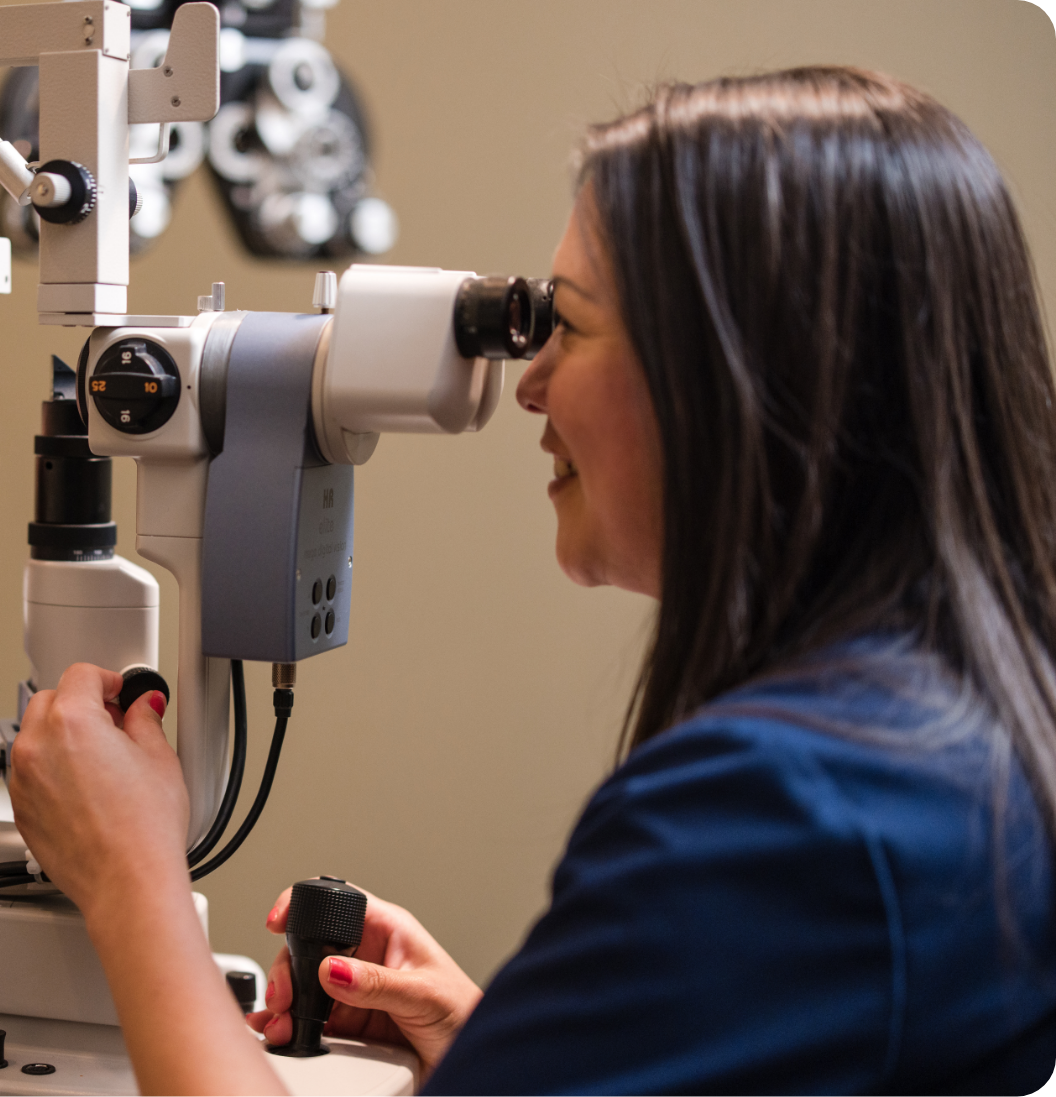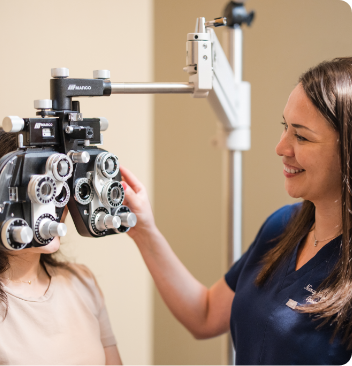One of your eye doctor’s primary goals is to protect the health of your cornea, assessing its functionality at your annual eye examination. Sometimes, even the most rigorous eye care cannot keep your cornea from injury, meaning clinical intervention is needed to restore your vision. If you’re experiencing any form of corneal dysfunction, consult a qualified specialist who can provide various treatment options.
What Is the Cornea?
The cornea is a protective layer that shields your eye from potential damage with tough, transparent tissue. It also plays an essential role in vision, acting as a window to the rest of the eye that allows light to pass through, making it possible for you to see clearly. One of its main roles is to filter out harmful UV rays, though the cornea also keeps out dirt, debris, and germs.
The cornea’s role is not merely protective as it helps focus and clarify your vision, its slight curvature refracting light as it enters your eye. This curve allows your eye to focus on objects both close and distant.
Why See a Cornea Specialist?
A cornea specialist has the experience, and the surgical acumen needed to repair any damage and provide you with long-term vision restoration.
Specifically, your eye doctor may recommend you see a cornea specialist if you experience any of the following symptoms:
- Blurred vision
- Persistent redness
- Unusual eye pain
- Sensitivity to light
Meet Our Doctors
If you live in the San Antonio area and need assistance from a cornea specialist, we invite you to schedule an appointment at TLC San Antonio. Our doctors are well-qualified and credentialed to care for the corneas, and our state-of-the-art facility offers the technology needed to treat your concerns with the utmost precision.
Corneal Conditions and Treatments
There most common conditions that impact the corneas include:
Keratoconus
If you have keratoconus, the tissue of your cornea will get thinner while simultaneously bulging outward, leading to a notable decline in your vision. This condition usually begins in puberty but gets steadily worse for years or even decades to come.
If you experience more mild effects of keratoconus, you may be a good candidate for contact lenses. For more extreme cases, we recommend INTACS, which involves us placing custom-sized rings into specific areas of your cornea. The design of these rings flattens the cornea, refocusing light rays to improve your clarity of sight.
Corneal Abrasions
Corneal scratches are the most common type of eye injury. Even so, you should always have abrasions evaluated by a specialist. Because your corneas provide a layer of protection against dirt and germs, an abrasion can leave you at a higher risk for infection, which is not something to take lightly.
Our doctors can treat abrasions with medicated eye drops, topical solutions, and sometimes bandage contact lenses.
Dry Eye
Often, corneal problems can manifest as dry eye. Eyes that lack sufficient moisture may also feel itchy or irritated. Redness and foreign body sensations (e.g., the feeling that you have something in your eye) are also common.
Depending on the nature and severity of your dry eye, you might be a good candidate for Lipiflow, a non-invasive and painless way to remedy dry eye symptoms.









